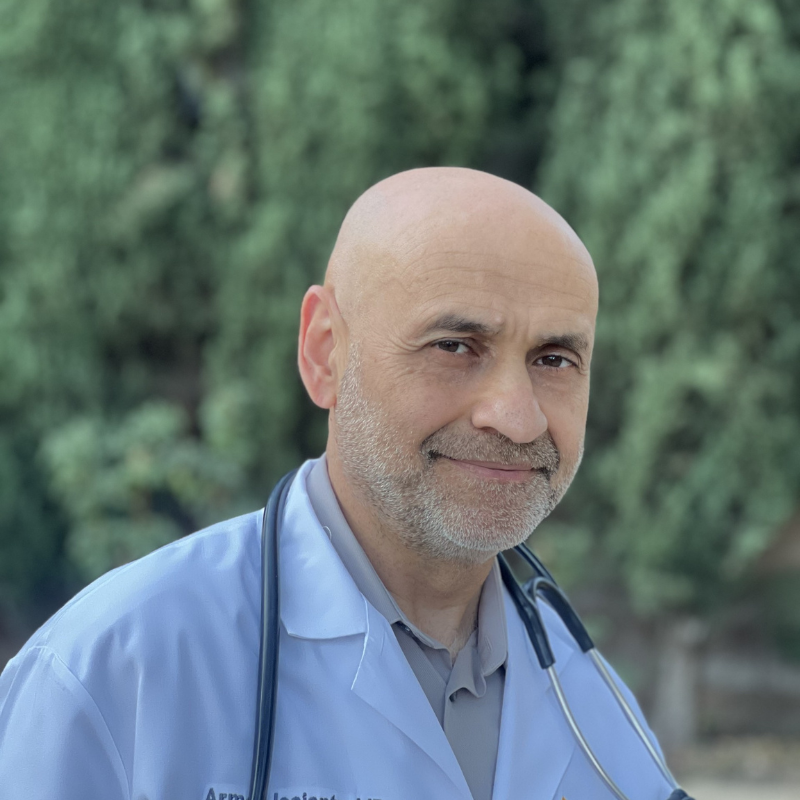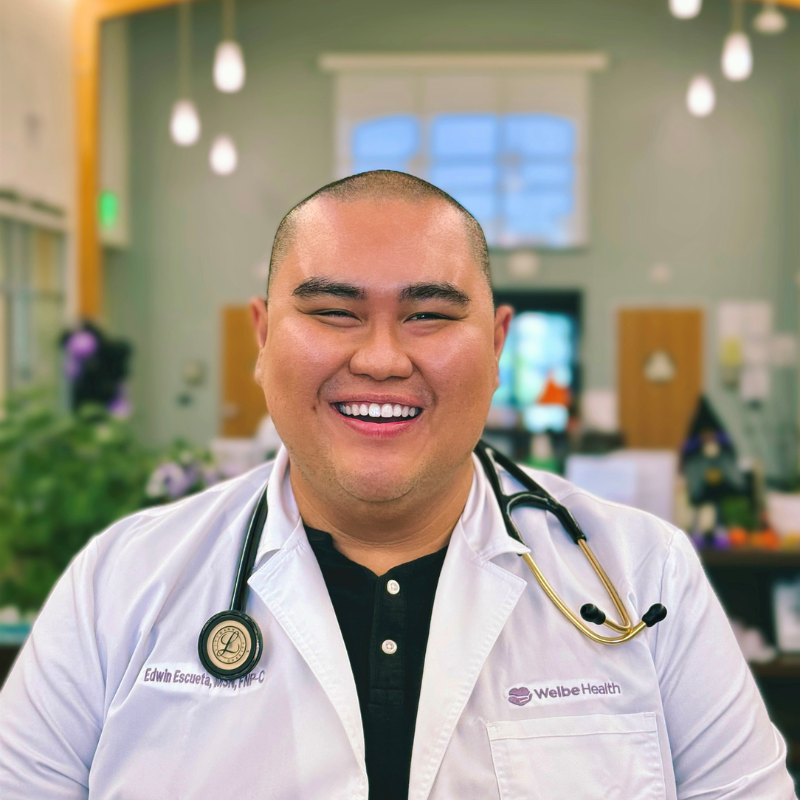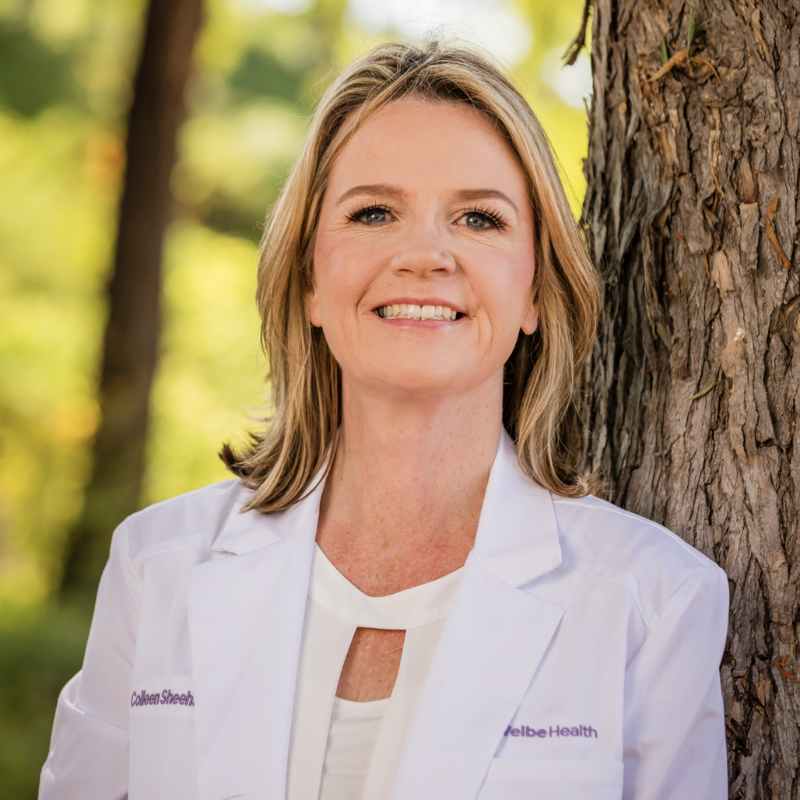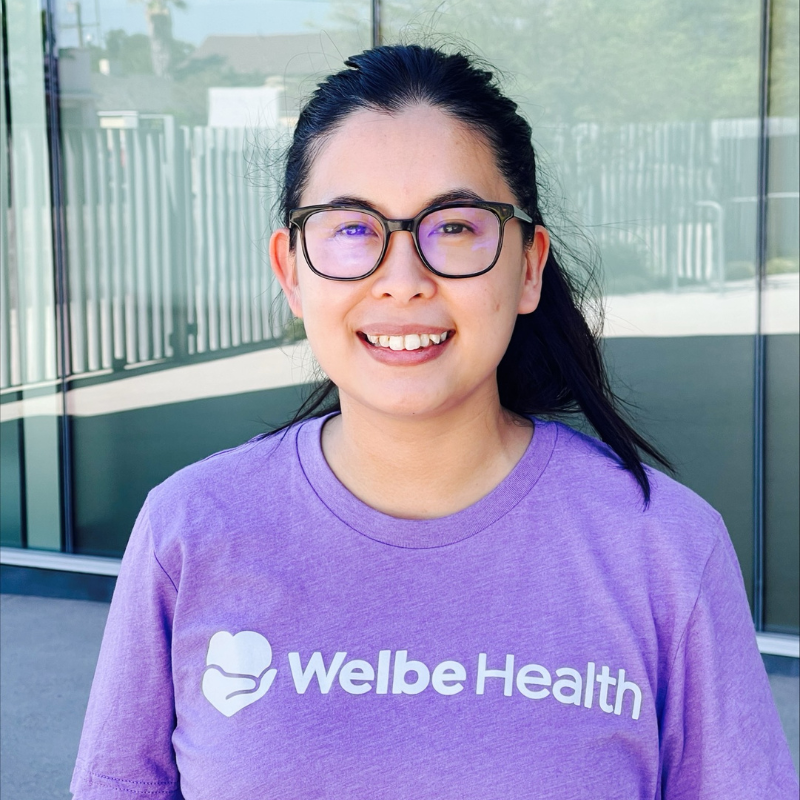Heart Health for Women: What You Need to Know
Taking care of your heart is one of the most important things you can do to live a long and happy life. While heart health is important for everyone, women, especially seniors, face specific risks and challenges that make it essential to pay closer attention to their heart. Yet, many people are surprised to learn that heart disease remains the leading cause of death in women over the age of 65.
This guide will walk you through what makes heart health unique for women, the warning signs to watch for, and the steps women can take to protect their hearts.
Why Heart Health is Different for Women
Many studies focus mostly on men when it comes to heart disease, but women experience heart issues differently. This difference makes it harder to recognize signs of trouble or even understand risk factors. Here are some reasons why women, especially seniors, face unique challenges when it comes to heart health.
- Different Symptoms: Women may not experience the same chest pain that men feel during a heart attack. Instead, they might feel more fatigue, shortness of breath, light-headedness, or even nausea.
- Hormonal Influence: Estrogen levels drop after menopause, which offers less protection to the heart. This leads to an increased risk of issues like high cholesterol and high blood pressure.
- Smaller Blood Vessels: Women’s arteries are often smaller than men’s, which means blockages or plaque buildup might have a different impact and are harder to detect.
- Stress and Mental Health: Women are more likely to experience depression or anxiety, which can harm heart health. Stress plays a key role in raising blood pressure and leads to poor lifestyle choices like unhealthy eating or skipping exercise.
Understanding these differences is key to empowering women to take charge of their heart health.
Important Risk Factors for Senior Women
Heart disease can happen to anyone, but certain things increase women’s chances as they grow older. Here are some common risk factors to keep in mind.
1. High Blood Pressure
High blood pressure makes your heart work harder. Over time, this can lead to heart failure or stroke. After menopause, blood pressure often rises due to hormonal changes.
What you can do:
- Check your blood pressure regularly.
- Eat heart-friendly foods, like fruits and vegetables.
- Reduce salty foods, which can raise blood pressure.
2. High Cholesterol Levels
Having too much “bad” cholesterol (LDL) in your blood can cause plaque to build up in your arteries, leading to blockages.
What you can do:
- Replace unhealthy fats with healthy ones, like avocado or olive oil.
- Get regular cholesterol tests during check-ups.
3. Diabetes
Women with diabetes face an even greater risk of heart disease than men with diabetes. High blood sugar can damage blood vessels and nerves, making heart issues worse.
What you can do:
- Keep your blood sugar in a healthy range with a balanced diet and medication (if needed).
- Stay active; even light exercises like walking can help.
4. Obesity
Carrying extra weight puts extra strain on your heart. Obesity also ties to other risk factors like diabetes and high cholesterol.
What you can do:
- Look for small, healthy changes instead of aiming for fast results.
- Focus on eating whole grains, lean protein, and adding vegetables to every meal.
5. Lack of Physical Activity
A sedentary lifestyle is common for seniors, but it’s important to keep moving. Physical activity boosts circulation, strengthens your heart, and helps manage weight.
What you can do:
- Choose fun activities like dancing, swimming, or yoga. These are gentle on joints while benefiting the heart.
- Aim for at least 30 minutes of movement, 5 days a week.
6. Smoking
Smoking damages arteries, increases blood pressure, and leads to plaque buildup. Quitting—even later in life—can significantly reduce risks.
Warning Signs Women Should Never Ignore
Heart trouble can sneak up in ways you might not expect. For women, the symptoms can differ from what men experience. It’s important to stay alert, especially as a senior, for the following signs.
Subtle Signs of a Heart Attack
- Fatigue: Feeling unusually tired for days or weeks.
- Shortness of Breath: Trouble catching your breath during normal activities.
- Nausea or Vomiting: Feeling sick without clear reasons.
- Pain in Other Areas: Pain may show up in your back, neck, jaw, or arms instead of your chest.
If you notice these symptoms, don’t ignore them. Call 911 or go to the emergency room right away. Early treatment can save your life.
How Seniors Can Protect Their Hearts
Making healthy choices doesn’t have to be complicated or overwhelming. Small changes can add up in big ways. Try these tips to keep your heart strong and healthy.
1. Get Moving
Exercise keeps your heart strong and improves your mood. Start with something easy, like a daily 10-minute walk, then gradually increase to longer sessions.
2. Eat Heart-Healthy Foods
- Focus on fiber-rich foods like oatmeal, vegetables, and beans.
- Add fish like salmon or tuna for omega-3 fats, which are good for your heart.
- Cut back on sugary drinks and packaged snacks.
3. Stay Connected
Loneliness and depression can harm your heart. Stay socially active by joining local groups, volunteering, or spending time with family and friends.
4. Quit Smoking
Even if you’ve smoked for years, quitting now will make a big difference. Talk to your doctor about medications or programs that can help.
5. Monitor Your Health
Visit your doctor regularly to keep track of your blood pressure, cholesterol, and blood sugar. Early prevention goes a long way.
The Role of Support Networks
Seniors often depend on family, friends, or caregivers to help them manage their heart health. It’s important for loved ones to know the risks women face and provide encouragement.
Ways to offer support:
- Remind your loved one about the importance of check-ups.
- Help prepare healthy meals if cooking feels overwhelming.
- Join in exercise routines to make it fun for everyone involved.
Take Action for a Healthier Heart
Heart health doesn’t have to be a guessing game. By understanding the unique risks and challenges women face, especially later in life, you can take steps toward protecting your heart every day. Start small, stay consistent, and don’t hesitate to ask for support if you need it.
Tips to try:
- Book an appointment with your doctor for a heart health check-up.
- Write down one healthy habit you want to try this week, like a morning walk or swapping soda for water.
- Encourage a loved one to join you in creating healthy routines together.
Your heart works hard for you every single day, now it’s time to return the favor!
It’s your life. Live it your way.
WelbeHealth provides full-service healthcare and personalized support to help you age well at home and in your community. Our Program of All-Inclusive Care for the Elderly (PACE) meets the changing needs of seniors, often at no cost. To see if you qualify, call: (888) 750-0248 | TTY 711 or visit: welbehealth




































































